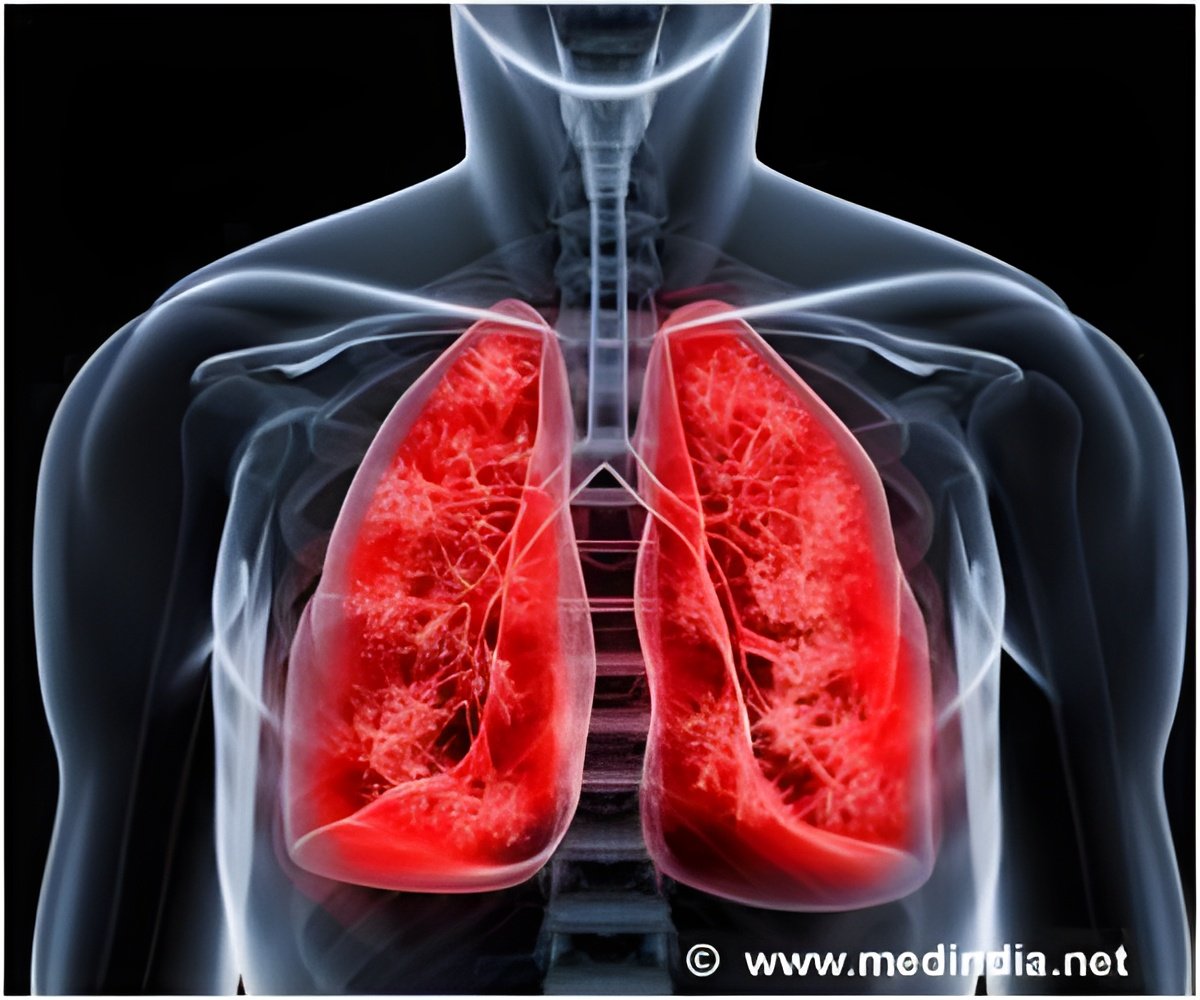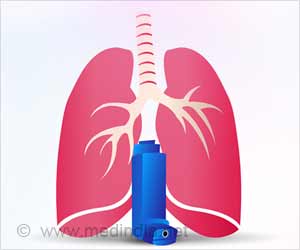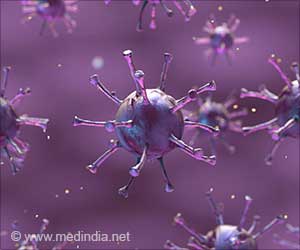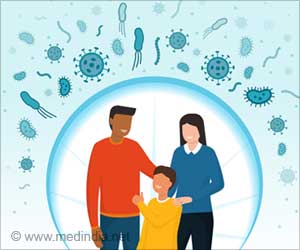Decreasing testosterone will lower TMPRSS2 proteins, interfere with viral entry, and reduce the severity or duration of COVID-19, said researchers.

‘Decreasing testosterone will lower TMPRSS2 proteins, interfere with viral entry, and reduce the severity or duration of COVID-19.’





The science behind testosterone and COVID-19 The idea to treat COVID-19 by reducing testosterone received strong support in a new study led by David Goldstein, PhD, director of the Institute for Genomic Medicine at Columbia University Irving Medical Center, and Xinchen Wang, PhD, a postdoctoral researcher at the institute.
Using existing data on the effects of hundreds of drugs on human cells, the researchers sought to identify compounds that can regulate the expression of genes that encode key viral entry proteins. Their work showed that TMPRSS2 represented the most promising viral entry protein to target and that lowering testosterone would be the best available option for lowering the expression of TMPRSS2.
“The new coronavirus cannot enter cells without the help of the TMPRSS2 proteins on our lung cells,” Goldstein says."
In the analyses, which also looked for drugs that could target other proteins used by the virus, “TMPRSS2 really stood out as the best opportunity to treat patients,” Goldstein says. “We know that hormones can greatly alter TMPRSS2 levels and there is evidence that lowering TMPRSS2 levels prevents entry of the virus.”
Advertisement
For the current trial, the researchers chose degarelix to lower testosterone because it quickly and completely eliminates the hormone from the bloodstream. The trial is restricted to COVID-19 patients with serious illness but who are not in intensive care at the time of enrollment.
Advertisement
If the testosterone-lowering strategy works in patients in the current trial, other anti-androgen agents that reduce but do not eliminate androgen signalling may be an option for patients with milder COVID-19 disease.
Increasing estrogen also may reduce TMPRSS2 levels, but because some studies in cultured cells show that increasing estrogen causes TMPRSS2 levels to briefly spike before levels ultimately decline, “the possibility that estrogen could be associated with a transient increase in expression of TMPRSS2 suggested to us that, at least in men, reducing testosterone would be the better therapeutic option," Goldstein says.
If lowering testosterone works in hospitalized men, Goldstein says related approaches will also be tested in women and other points in disease course. Estrogen or progesterone also may be tested if raising estrogen levels in women doesn’t cause TMPRSS2 to spike.
Other compounds are in development that bind to TMPRSS2 and also may prevent the virus from entering lung cells.
TMPRSS2 may explain why men, older people have more severe disease
The study raises the possibility that the severity of COVID-19 disease could be linked to levels of TMPRSS2.
A recent study by other researchers reports that the lung cells of men have more TMPRSS2 levels and that TMPRSS2 levels are greater in older individuals compared with younger people.
TMPRSS2 levels also vary widely among individuals, and Wang emphasizes that this “could provide a possible biological correlate of disease severity.” Most people have low levels of TMPRSS2, the researchers found, but a few have extremely high levels and older people are more likely than younger people to have extremely high levels.
Research managed by the recently established Columbia University Biobank will investigate the relationship between TMPRSS2 abundance and disease outcomes.
More information
Matthew Rettig, chief of the division of hematology-oncology at the West Los Angeles VA, is the principal investigator of the HITCH trial.
Findings of the study—which have not been peer-reviewed—appear in a paper titled “TMPRSS2 Transcriptional Inhibition as a Therapeutic Strategy for COVID-19” on preprints.org.
Other authors: Ryan Dhindsa, Gundula Povysil, Anthony Zoghbi, Joshua Motelow, and Joseph Hostyk (all from Columbia University Irving Medical Center); Nicholas Nickols (UCLA and West Los Angeles Veteran Affairs Medical Center); and Matthew Rettig (UCLA and West Los Angeles Veteran Affairs Medical Center).
David Goldstein is a founder of and holds equity in Pairnomix and Praxis, serves as a consultant to AstraZeneca, and has received research support from Janssen, Gilead, Biogen, AstraZeneca, and UCB.
Source-Newswise















